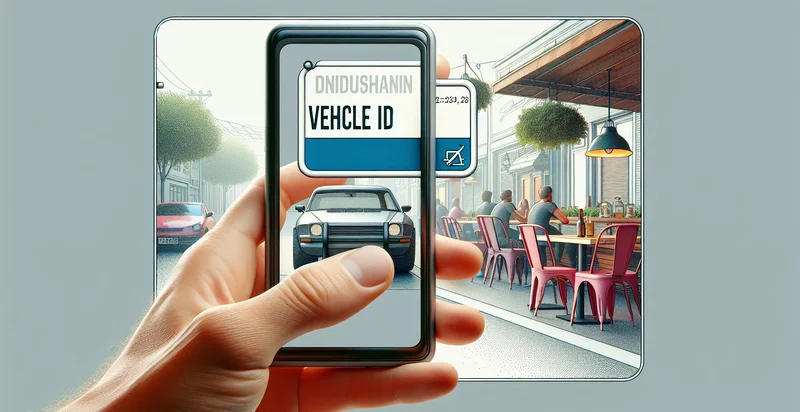Identify vin verification
using AI
Below is a free classifier to identify vin verification. Just input your text, and our AI will predict if the VIN is valid - in just seconds.

Contact us for API access
Or, use Nyckel to build highly-accurate custom classifiers in just minutes. No PhD required.
Get started
import nyckel
credentials = nyckel.Credentials("YOUR_CLIENT_ID", "YOUR_CLIENT_SECRET")
nyckel.invoke("vin-verification", "your_text_here", credentials)
fetch('https://www.nyckel.com/v1/functions/vin-verification/invoke', {
method: 'POST',
headers: {
'Authorization': 'Bearer ' + 'YOUR_BEARER_TOKEN',
'Content-Type': 'application/json',
},
body: JSON.stringify(
{"data": "your_text_here"}
)
})
.then(response => response.json())
.then(data => console.log(data));
curl -X POST \
-H "Content-Type: application/json" \
-H "Authorization: Bearer YOUR_BEARER_TOKEN" \
-d '{"data": "your_text_here"}' \
https://www.nyckel.com/v1/functions/vin-verification/invoke
How this classifier works
To start, input the text that you'd like analyzed. Our AI tool will then predict if the VIN is valid.
This pretrained text model uses a Nyckel-created dataset and has 2 labels, including Not Verified and Verified.
We'll also show a confidence score (the higher the number, the more confident the AI model is around if the VIN is valid).
Whether you're just curious or building vin verification detection into your application, we hope our classifier proves helpful.
Related Classifiers
Need to identify vin verification at scale?
Get API or Zapier access to this classifier for free. It's perfect for:
- Vehicle History Report Generation: The VIN verification function can be integrated into services that generate vehicle history reports. By validating the VIN, these services can provide accurate details on a car's past incidents, ownership changes, and service records, enhancing their reliability.
- Insurance Underwriting: Insurance companies can utilize VIN verification to confirm vehicle details during the underwriting process. This ensures that the insurer has accurate information about the car, which helps in setting appropriate premiums and reducing fraud risks.
- Automotive Sales Platforms: Online marketplaces and dealerships can implement VIN verification to authenticate vehicle listings. This not only improves trust among buyers but also reduces the chances of selling stolen or improperly documented vehicles.
- Fleet Management: Companies managing vehicle fleets can use VIN verification to track and validate each vehicle within their inventory. This aids in maintenance scheduling, compliance checks, and asset management by ensuring that all vehicles are accounted for accurately.
- Compliance and Regulation: Government agencies can implement VIN verification to comply with laws concerning vehicle registrations and emissions standards. Validating the VIN helps ensure that all vehicles on the road meet required regulations and standards.
- Fraud Detection in Auctions: Auction houses can incorporate VIN verification to validate the authenticity of vehicles being sold. This capability helps to prevent fraudulent listings and ensures that buyers are getting what they pay for, thus building a trustworthy auction environment.
- Marketing and Targeted Advertising: Automotive marketers can leverage VIN verification to analyze data on specific vehicle models being owned by potential customers. This allows for targeted advertising campaigns tailored to the preferences and needs of vehicle owners, enhancing marketing effectiveness.


